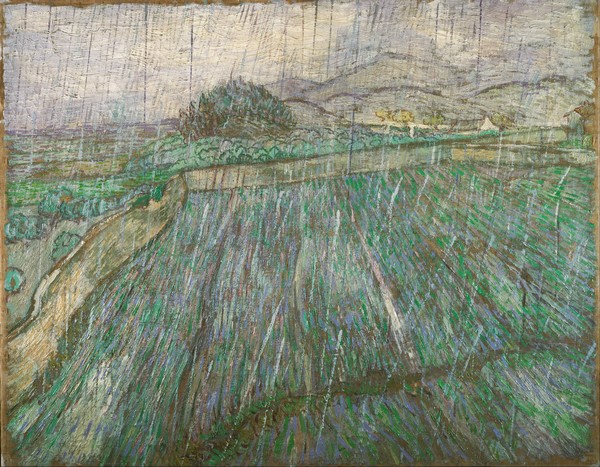
If things had gone as planned, Manuel Palau Boix would have continued with his parents' business and devoted himself to the olive oil trade. In fact, he was trained for this task. However, despite not having any precedent in the family (but sorrounded by the musical atmosphere of Valencia), he chose to dedicate himself to music. In secret, he studied, and when his family moved from his home village to Valencia in 1912, he enrolled in the city's conservatory. He returned there in 1919, now as a professor (for about seven years, he was also the conductor of several brass bands), and from 1951 until his retirement, he was the director of the Conservatory. He was the director of the Valencian Institute of Musicology and actively pursued the recovery of musical scores and folk tunes; we owe him the complete musical score of the liturgical drama Mystery Play of Elche. He was also interested in what was happening now, so he regularly gathered at home with writers and musicians from that time in Valencia.
In addition, he composed. And not occasionally. His catalogue includes more than 400 works: opera, zarzuela, ballet, concert, chamber, symphony, band, choir. And song, of course. Seeing trajectories like these, which are not uncommon among musicians, I ask myself what I do with my time and what Palau and others do with theirs. Didn't the Conservatory occupy so much of his time? Was him one of those people who only need a few hours of sleep? When talking about Central European composers, it is often said that winters are long, dark and cold, but Palau was Valencian (plenty of sunshine and mild temperatures). It's true that the internet didn't exist back then (i.e., there were no social networks or streaming platforms), but, even so, what do I do with my time?
Well, I'll think about it in my own time; let's go back to the music. Manuel Palau managed to write a considerably extensive work, included about one hundred songs, of which, as far as I know, about half have been recorded; I am uncertain whether all of them have been published. Aurelio Viribay, who is not only an excellent pianist, but also an expert in Spanish song, probably knows it. The pianist released a few months ago, with soprano Mar Morán, an album that features a selection of Palau's songs, titled "Luna muerta" [Death Moon], to which the song I am sharing this week belongs.
I chose it because it's part of a peculiar project promoted in the fifties by Antonio Fernández Cid, a critic and a very influential figure in the musical world at the time: he asked about thirty composers to write a song from a poem, always in Galician, that he had chosen for each of them. The pianist Borja Mariño told us about the project a few years ago, and we heard one of the songs from it, Aureana do Sil, by Frederic Mompou. Among the composers who wrote those songs are also Eduard Toldrà, Xavier Montsalvatge, Montserrat Salvador, Jesús Guridi or Antón García Abril.
The poem that Fernández Cid selected for Manuel Palau is Chove [It is raining], written by Xosé Ramon Fernández-Oxea (also known as Ben Cho Shey), a journalist, pedagogue, ethnographer, and writer. His ties to the Republic and the Galician Party led to his expulsion from Galicia in 1937 to Cáceres; he move later to Madrid, where he resumed his work in support of the Galician culture, I'm guessing with the appropriate precautions. Fernández-Oxea published two books of poetry, Berzas (1953) and A ducia do frade (1966). The dates suggest that the poem that Palau put to music is part of the first, even though, given the context in which everyone knew each other, it wouldn't seem out of place if the manuscript poem had circulated. Chove talks about rain and tears and suggests a poem that I might write about next week; the pain contained in the verses is transferred to the melody, while the rain drops, or tears, sound insistent on accompaniment.
I hope you enjoy Chove and that it inspires you to discover Manuel Palau's music.
no meu corazón doorido
as bágoas arreo decorren.
Decorren arreo as bágoas
caló no peito se encoran
para amolecer as magoas.
Pras magoas amolecer
e pra afogar o delor
estou bágoas a verter
per un fondo desamor.
in my sorrowful heart
tears do no cease to fall.
Tears fall incessantly
that in my chest collect
to soften the sorrows.
To soften the sorrows
and to drown the pain
I am sheddint gears
for a profound unrequited love.
(translation included in the booklet of “Luna muerta”)


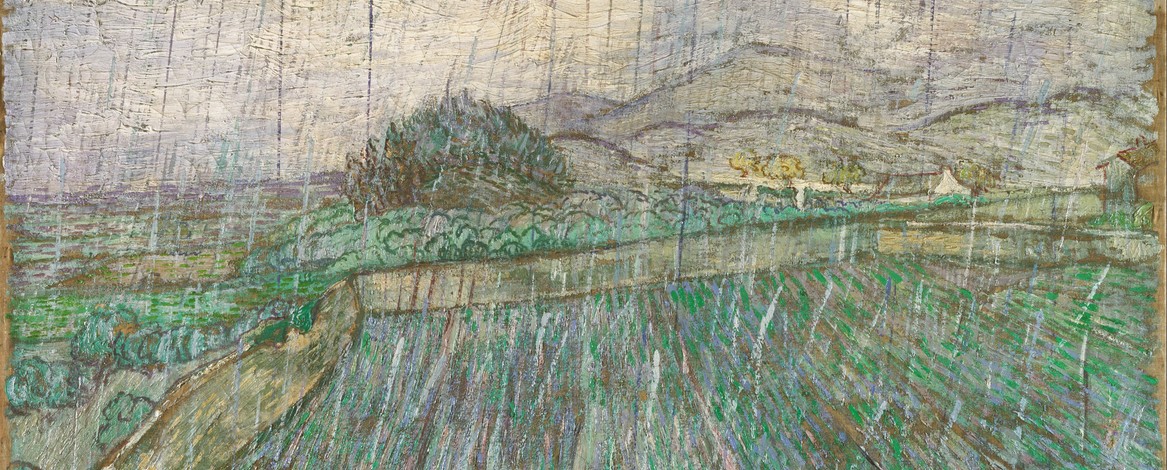
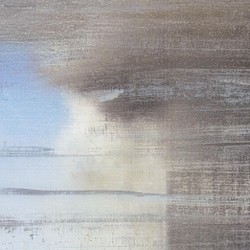
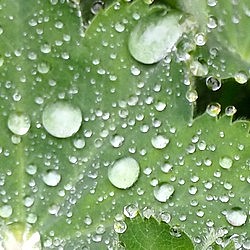
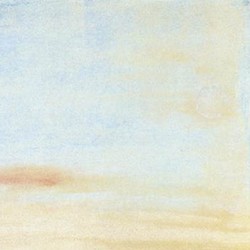












Comments powered by CComment